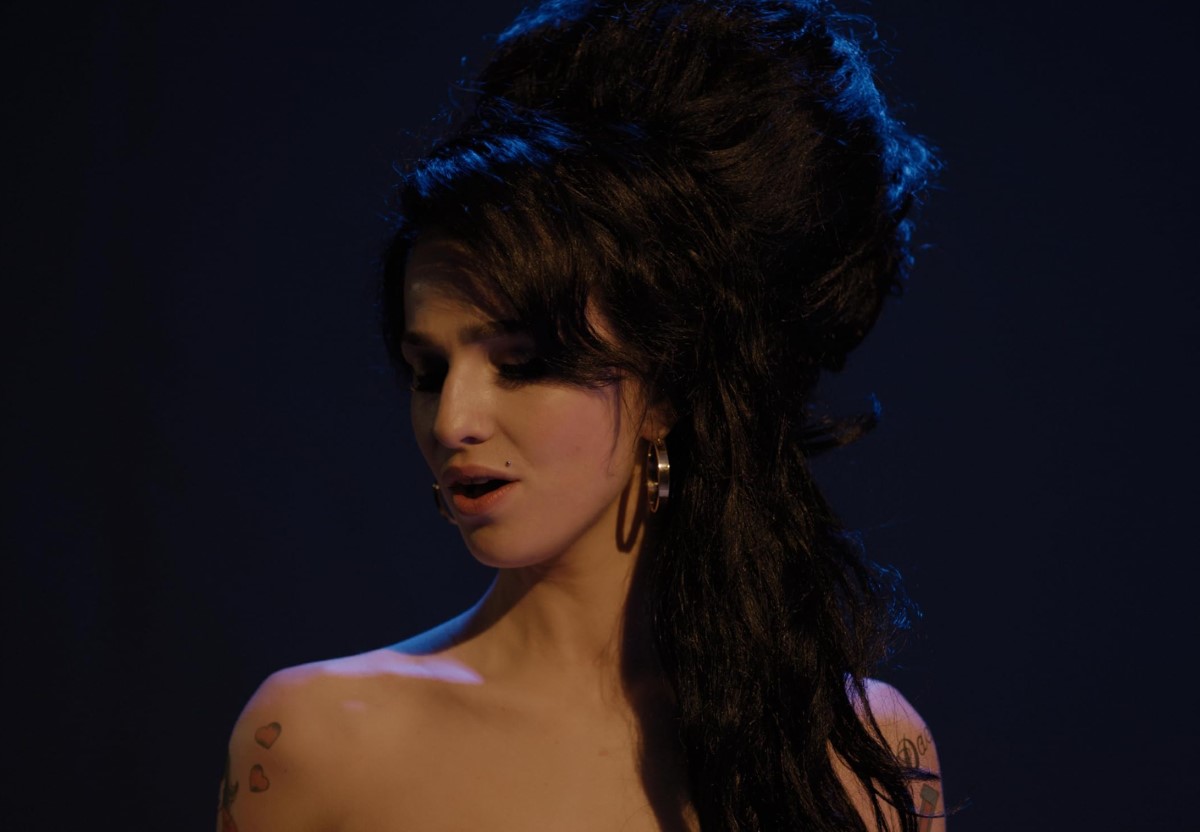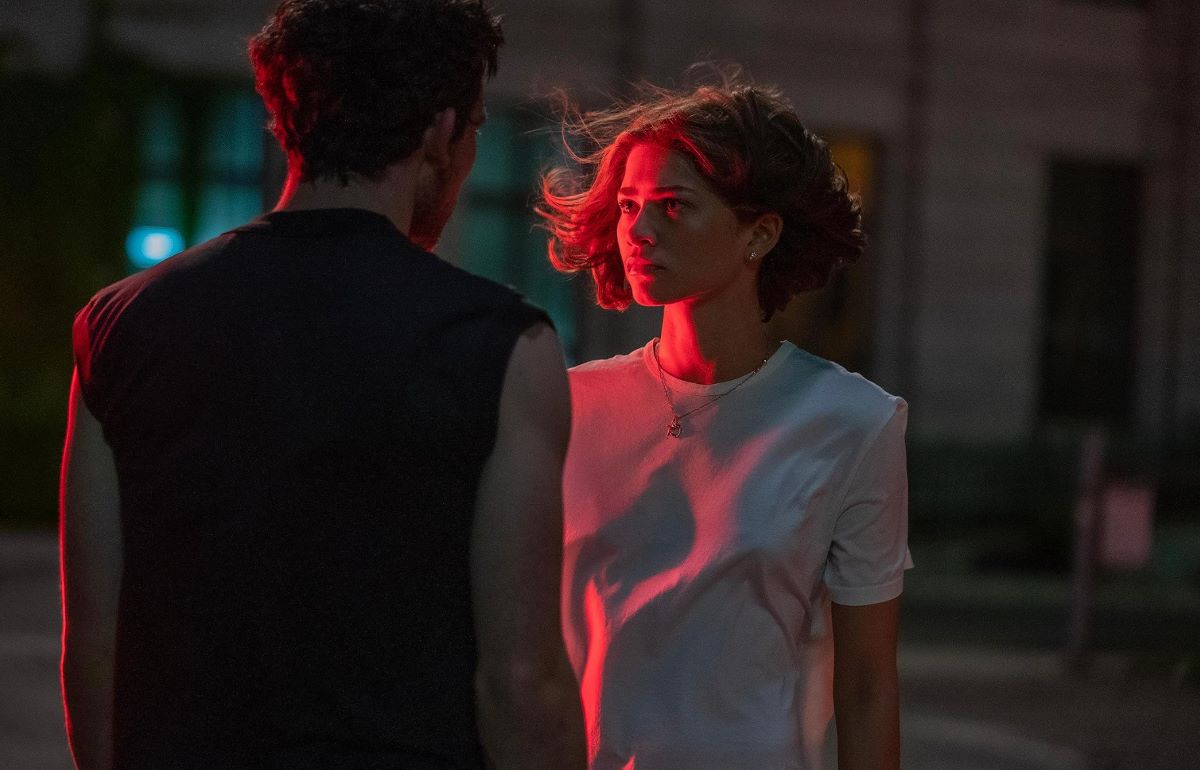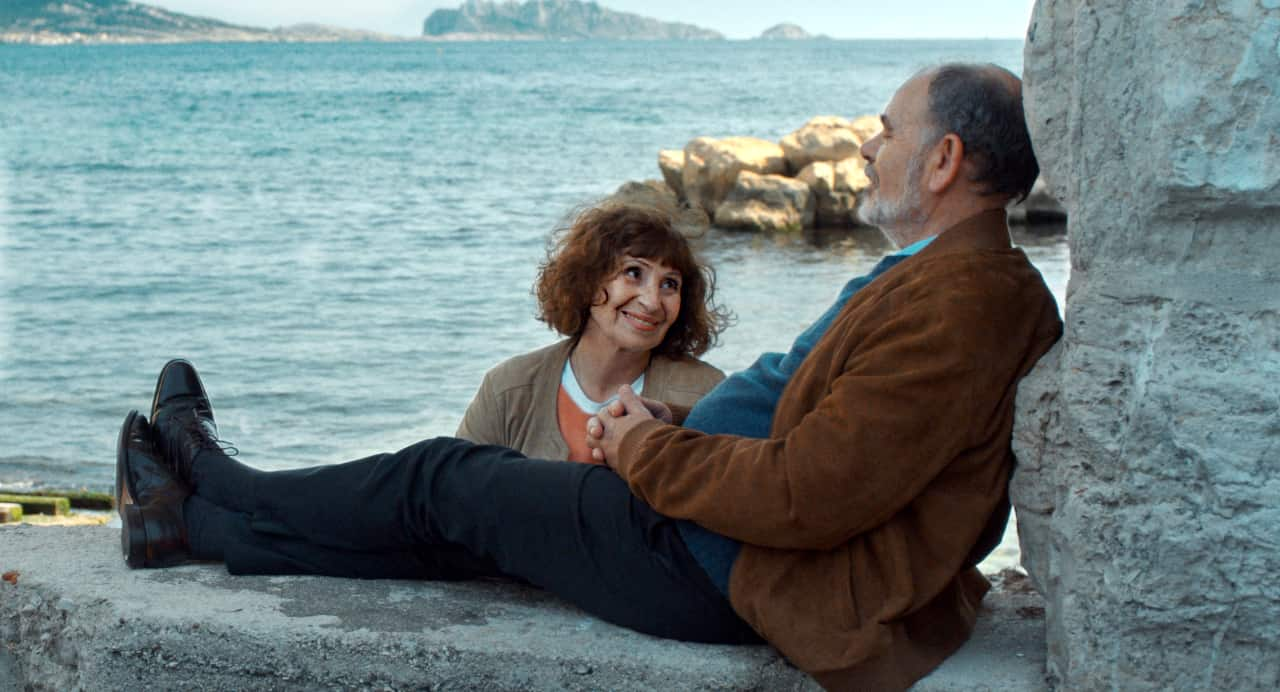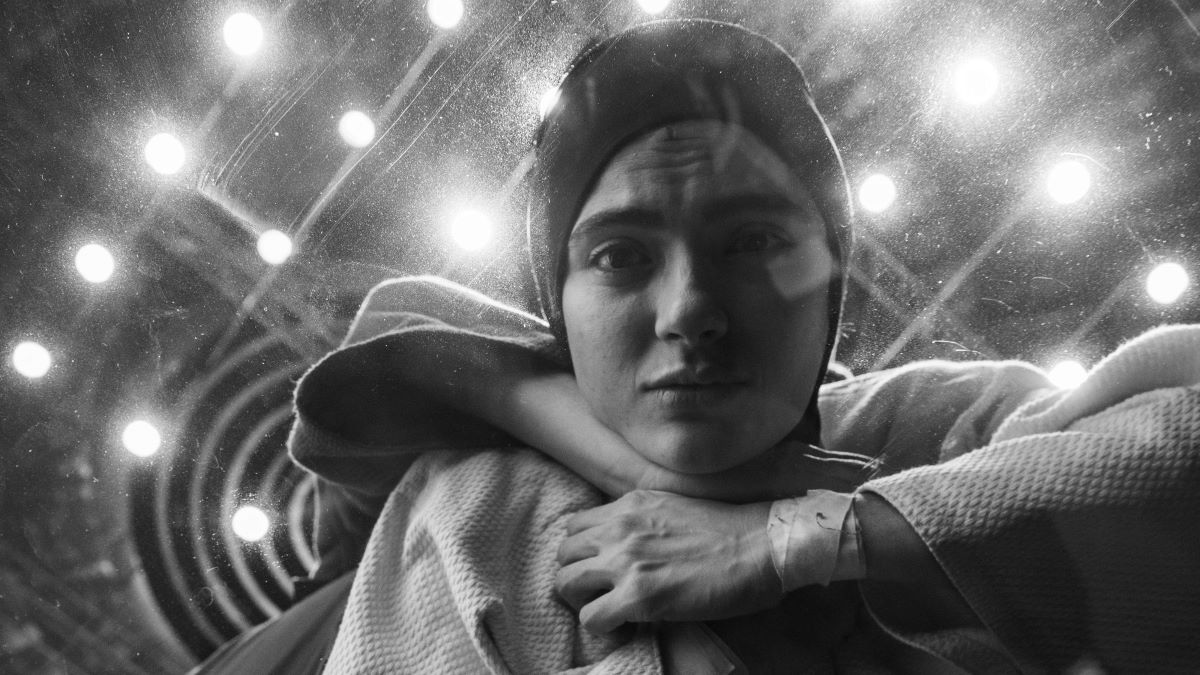by Pauline Kael
There have been few young prodigies in the history of movies: not only must one grasp a complex medium but also perform the more difficult task of finding cash. In 1941 the twenty-five-year-old Orson Welles startled the studios and the moviegoing public with the impious, high-spirited wit of Citizen Kane. A few years ago a group of miraculously talented young Frenchmen shook up their country’s paralytic film industry. Now from Parma—the most unlikely and yet poetically perfect place, the place where Stendhal set his great, ironic paean to youth, The Charterhouse of Parma—has come Before the Revolution, written and directed by Bernardo Bertolucci, at the preposterous age of twenty-two.
It is a richly romantic work which makes us realize that most movie-makers are never so far away from youth as when they condescendingly try to deal with those cardboard kids next door—as if youth were a kind of simplicity that will be outgrown. This movie expresses what it means to be young with the lyricism and narcissism and self-consciousness of the intelligent young. (What young artist isn’t self-conscious? It’s a stage in learning to express yourself.) Bertolucci, a prizewinning poet at twenty-one, deals with the experience of so many young poets and novelists—rebellion against bourgeois life, an egocentric dedication to Communism, disillusion. The movie is set in the 1960s. It is the story of a boy who discovers that he is not singleminded enough to be a revolutionary; that he is too deeply involved in the beauty of life as it is before the revolution. He has “a nostalgia for the present.”
Not too surprisingly, the love affair between Fabrizio and his young aunt Gina, though the characters are derived from Stendhal, is closer to the seventeen-year-old Raymond Radiguet’s Devil in the Flesh. However, Bertolucci, trying to discover his feelings and attitudes in movie terms—in image and sound—is much less precise than Radiguet was. This lack of precision, which may be characteristic of modern youth, may also be a factor in their involvement in movies—an art in which so much can be responded to without forming definite attitudes.
I would not insist so much upon Bertolucci’s youth if it were not integral to the romantic profusion of this movie, which is most extravagantly beautiful in its excesses—in the manner of supremely gifted children. He has the kind of talent that breaks one’s heart: where can it go, what will happen to it? In this country we encourage “creativity” among the mediocre, but real bursting creativity appalls us. We put it down as undisciplined, as somehow “too much.” Well, Before the Revolution is too much and that is what is great about it. Art doesn’t come in measured quantities: it’s got to be too much or it’s not enough.
When Fabrizio is told that he speaks like a book, it is apparent that Bertolucci is aware that he too is pretentiously literary. But trying to say too much, and saying it too exquisitely, and not always saying it clearly are not the worst crimes in an artist. No doubt the greatest sequences—a Chekhovian lament for the river and forest that the landed gentry are about to lose, and a brilliant night at the opera with the social classes layered in their tiers—stand out “too much”; nevertheless they are great.
The worst mechanical defect is that the editing, particularly at the beginning, is too obtrusive, and it takes us a while to get our bearings—to understand, for example, that Fabrizio, who is callowly doctrinaire, is quarreling with his friend Agostino for failing to accept the Communist party as the answer to all human troubles. And the continuity is confusing. We do not always know where or why the action is taking place. But Bertolucci’s defects would make the reputation of a dozen lesser directors. And his use of various kinds of music (the most imaginative score since Jules and Jim) to fuse the emotions suggests new operatic possibilities in moviemaking.
The greatest achievement is that you come out of the theatre, not dull and depressed the way you feel after movies that insult your intelligence, but elated—restored to that youthful ardor when all hopes are raised at once.
Life, August 13, 1965




